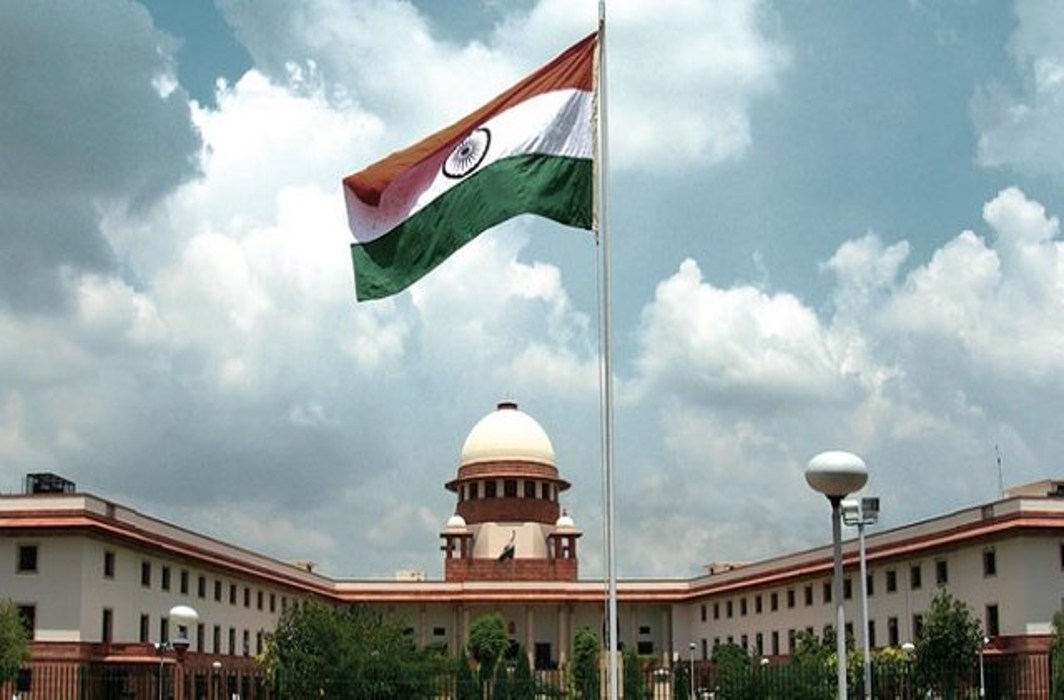The original citizenship law has been challenged for classifying children on the basis of their dates of birth and creating differential conditions for citizenship.
The Association for Protection of Civil Rights (APCR) has also challenged the third schedule to the Act besides questioning the constitutional validity of the Citizenship Act.
The NGO filed a petition in the Supreme Court claiming that many children will become “stateless” due to this arbitrary classification as provided by Section 3(1) of the Citizenship Act 1955.
The petition contended that Section 3(1) arbitrarily classifies children into three categories and imposes different prerequisites for citizenship. The NGO argued that Section 3(1)(a) imposes no conditions for attaining citizenship, while children falling under clause (b) and (c) creates certain classes of stateless children.
Section 3(1) of the Citizenship Act, 1955 reads as follows:
Except as provided in sub-section (2), every person born in India,—
(a) On or after the 26th day of January 1950, but before the 1st day of July 1987;
(b) On or after the 1st day of July 1987, but before the commencement of the Citizenship (Amendment) Act, 2003 and either of whose parents is a citizen of India at the time of his birth;
(c) On or after the commencement of the Citizenship (Amendment) Act, 2003, where – (i) both of his parents are citizens of India; or (ii) one of whose parents is a citizen of India and the other is not an illegal migrant at the time of his birth, shall be a citizen of India by birth.”
As per section 3(b), those children who were born in India on or after July 1, 1987, but before December 3, 2004, whose either parents is illegal migrants, would not be granted Indian citizenship, but even not be considered as illegal migrants within the meaning of section 3(2) (b) of the Citizenship Act,1955. Similar conditions and consequences are imposed on children falling under category created under clause (c).
The petitioners submitted that the treatment of the excluded children as stateless is not only violative of their fundamental rights, but also violates the United Nations Convention on the Rights of the Child, 1990 and United Nations Convention on the reduction of statelessness, 1961 to which India is a signatory.
The petition filed by advocate Ejaz Maqbool also questioned the parliament legislation on the ground that it grants favourable treatment to only Hindu, Sikh, Buddhist, Jain, Parsi and Christian immigrants from Afghanistan, Bangladesh, and Pakistan.
The petition has sought an interim stay on the operation of the CAA claiming that there will be an irreversible damage following its implementation, and a direction to the Centre to refrain from conducting the nationwide National Register of Citizens.


